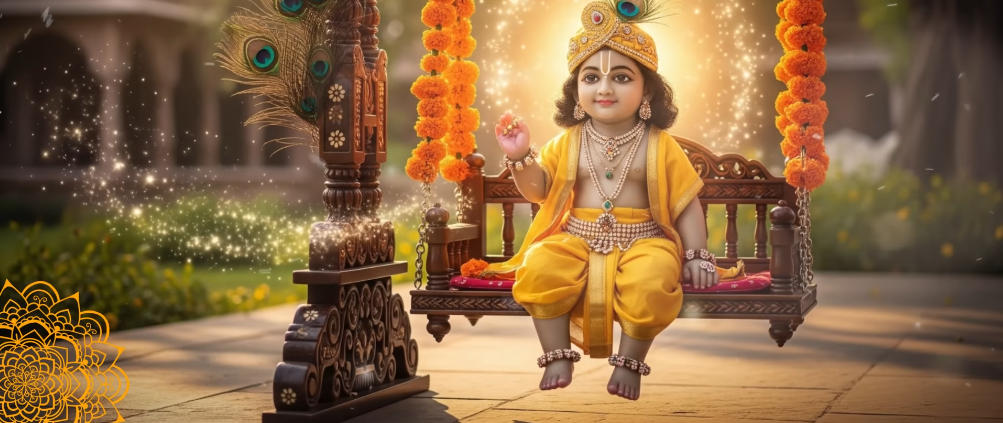“Govinda Gopala Mere Nandalala Mere Gopala… Murli Manohara Nanda Lala”🎉… What can one do…singing such words, really… but weep? Perhaps a few words… on the subject of weeping in separation from the Beloved…
Subscribe to continue →Murli Manohara Nandalala…

